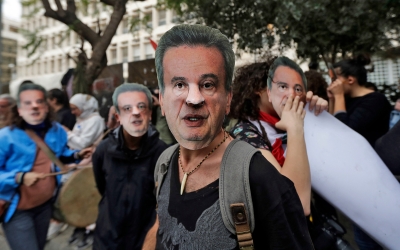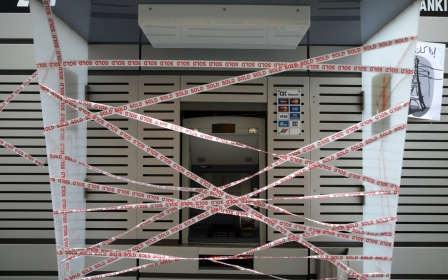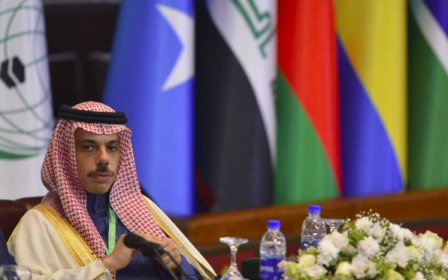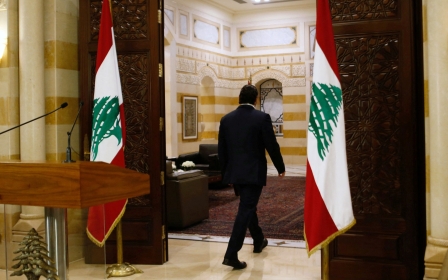Lebanon: UN warns country facing education 'emergency'
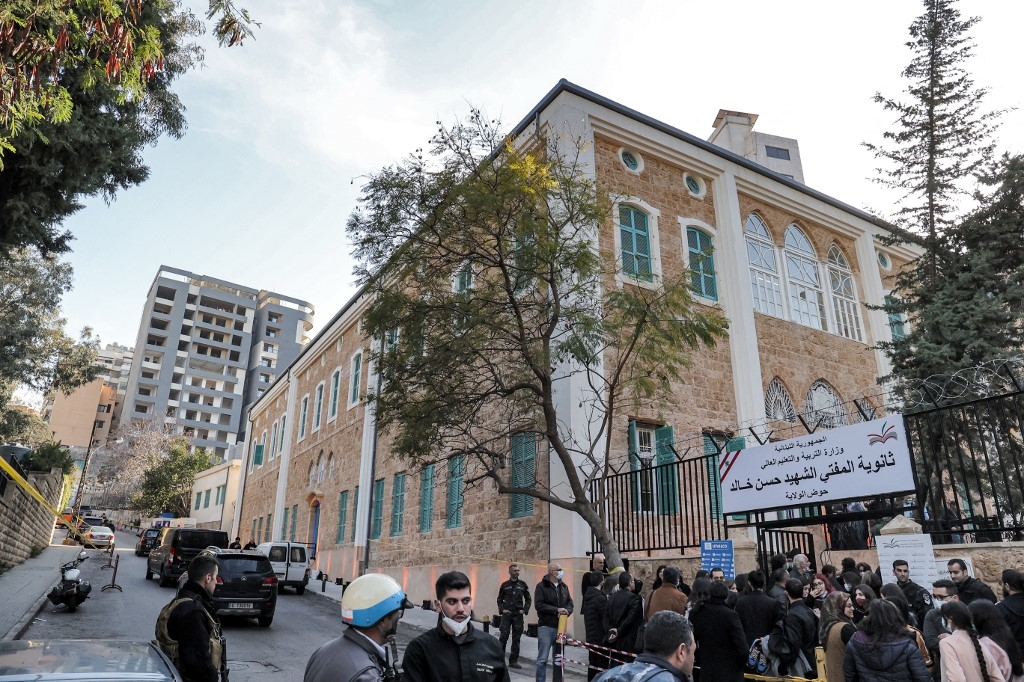
Lebanon is grappling with an education "emergency", a United Nations official said, as years of economic collapse impact students and teachers.
"We are now in an emergency situation. Education in Lebanon is in crisis because the country is living in crisis," Maysoun Chehab, Unesco's education chief for Lebanon, told AFP.
She spoke on the sidelines of an event on Monday celebrating the completion of a $35m Unesco project to rehabilitate 280 education centres damaged by a huge blast in August 2020.
The explosion, caused by hazardously stored fertiliser at Beirut port, killed more than 200 people, destroyed swathes of the capital and disrupted the education of at least 85,000 students.
Unesco chief Audrey Azoulay visited Beirut weeks after the blast, driving efforts to restore heritage sites and damaged schools.
Students and teachers now have new classrooms, but they are still suffering from the twin effects of an unprecedented economic crisis in Lebanon and the coronavirus pandemic.
Since late 2019, the Lebanese pound has lost over 90 percent of its value, pushing most of the population into poverty.
Daily power cuts, lasting more than 20 hours, and soaring petrol prices mean many students can neither afford to reach their classes nor study from home.
"Schools do not have enough funds to operate as they should, teachers do not have sufficient salaries to live in prosperity, students do not have transportation means due to high fuel prices," said Chehab.
"This is all affecting the quality of education."
Enrolment slumps
The crisis has forced students to quit school or university to make ends meet.
Enrolment in educational institutions slumped from 60 percent last year to 43 percent in the current academic year, a UN Children's Fund (Unicef) report found.
'Lebanon will not be left behind in the bigger picture of crises in the world'
- Stefania Giannini, Unesco
The cash-strapped state has been unable to enact substantial reforms, a requirement to access billions of dollars from international lenders.
Support has been largely limited to humanitarian aid.
However, Unesco's Assistant Director-General for Education Stefania Giannini said she was optimistic the international community would keep supporting education in Lebanon.
"This is my third visit to the country in a year and a half," she said.
"I know the economic crisis is still very much affecting [the country], but I am also confident Lebanon will not be left behind in the bigger picture of crises in the world."
Middle East Eye delivers independent and unrivalled coverage and analysis of the Middle East, North Africa and beyond. To learn more about republishing this content and the associated fees, please fill out this form. More about MEE can be found here.


